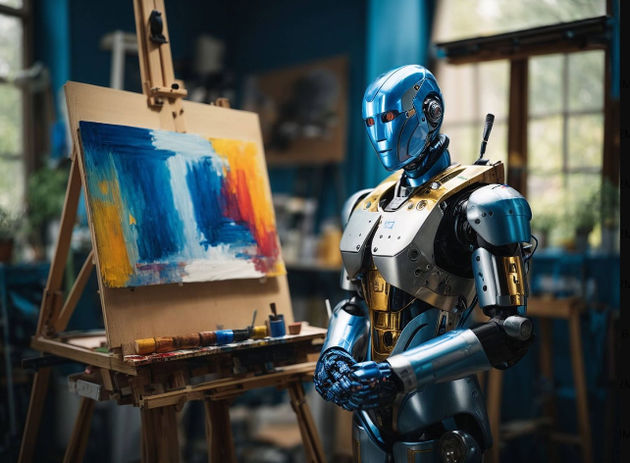
Photo/VCG
BYD, a leading Chinese automaker, has made its foray into the robotics sector with a specific focus on embodied intelligence.
On December 13th, the company revealed through official recruitment channels that it is seeking to recruit a research team specializing in embodied intelligence for the graduating class of 2025, targeting master's and doctoral graduates globally. The recruitment spans a wide range of fields including mechanical engineering, automation, computer science, mathematics, and electrical engineering, with positions for senior algorithm engineers and senior structural engineers, among others.
Since the establishment of its embodied intelligence research team in 2022, BYD has developed various types of robots, aiming to advance the application of embodied intelligence in the industrial sector. The team has already completed the development of process robots, intelligent collaborative robots, intelligent mobile robots, and humanoid robots, enhancing robot perception and decision-making capabilities.
Embodied intelligence, which integrates AI into physical entities like robots, allowing them to interact dynamically with the environment, is seen as the key for AI to interact with the physical world. This concept has attracted major tech companies in China, including Huawei and Xiaomi, to enter this burgeoning field.
Xiaomi's core founding team's robotics company, Xiaoyu Bot, recently completed a new round of financing. The funds will be used to increase R&D efforts and enhance market competitiveness.
According to Xu Huazhe, an assistant professor at Tsinghua University's Institute for Interdisciplinary Information Sciences, future robots will take on diverse forms, but humanoid robots are expected to have the best adaptability to human society and will be the most helpful to humans. They can solve the "last kilometer" problem in production lines and are more adaptable in complex and variable scenarios like home and public services.
Zheshang Securities believes that Tesla's Optimus, as a pioneer in embodied intelligence, is expected to enter mass production first. Domestic manufacturers are continuously iterating in areas such as humanoid robot body structure, motion control algorithms, and software engineering, actively exploring downstream industrial application scenarios. Key components with significant room for domestic improvement and high technical barriers include planetary roller screws, six-dimensional force torque sensors, tactile sensors, hollow cup motors, and software systems.


 川公网安备 51019002001991号
川公网安备 51019002001991号





